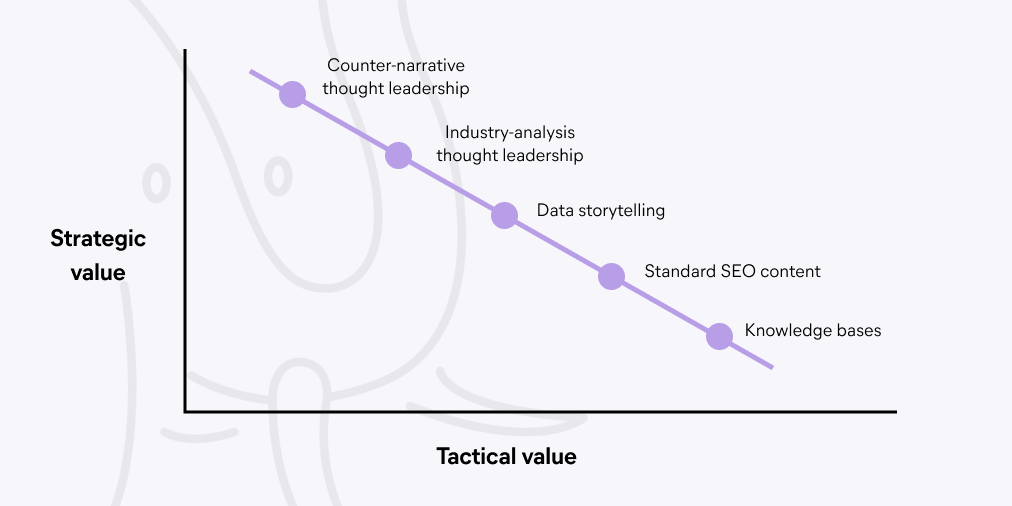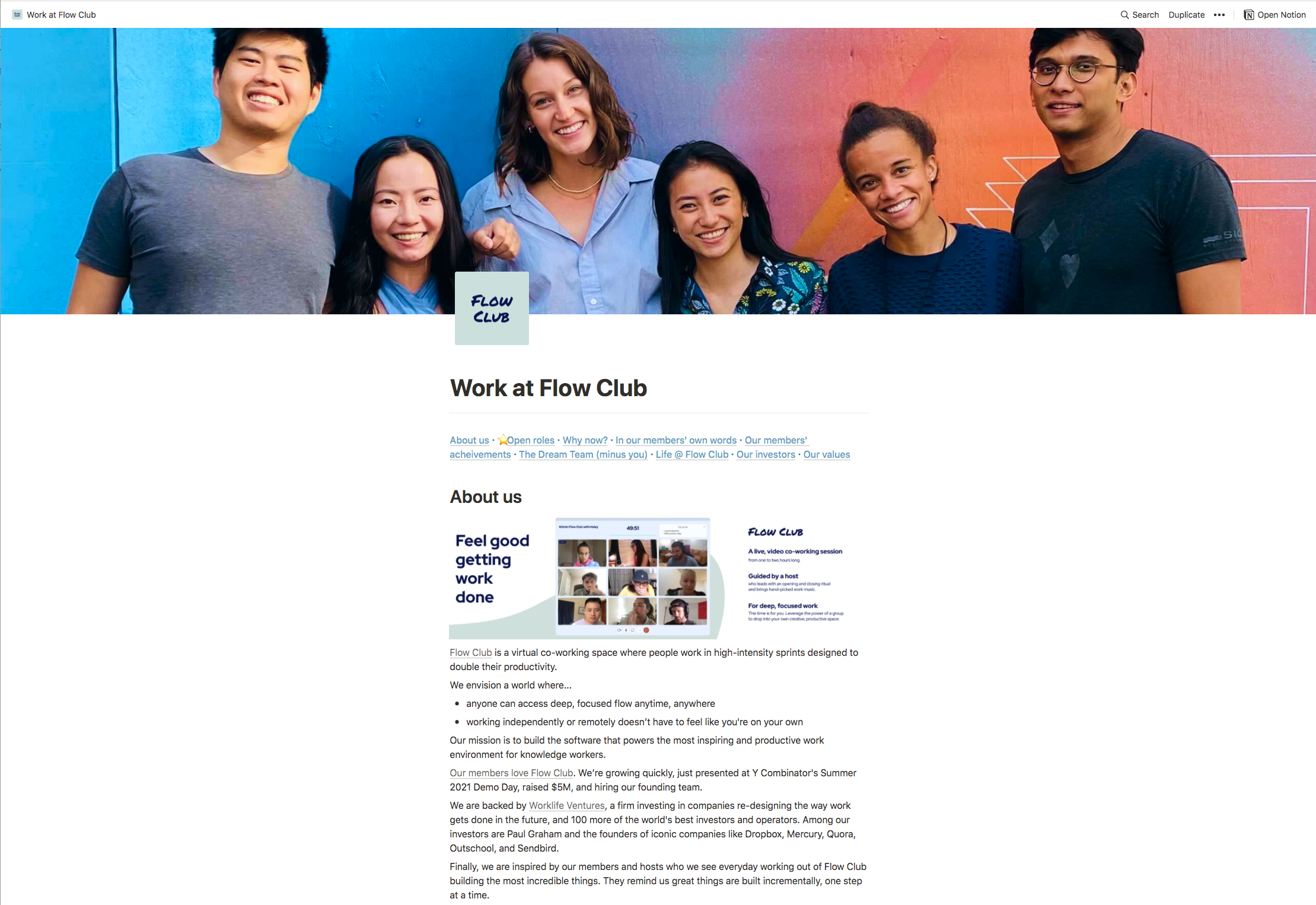start again today no. 70: how to learn
Hey 👋🏽
How do you learn a new skill?
I asked content marketing intern candidates earlier this month. In reading their responses, I realized how my thinking on this has shifted, and the difference between learning a new skill and a new subject matter.
Last year, I had to learn managerial accounting. I created a curriculum to learn through research, through talking to experts and by closing the books:
Through research: I read a Mind for Numbers by Barbara Oakley (⭐️⭐️⭐️⭐️+) and Arithmetic for the Practical Man by George Howe (⭐️⭐️⭐️⭐️+) .
Through talking to experts: I asked a trusted advisor and 2x fintech founder Jaakko tons of questions and read through his definitive guide to building a SaaS Financial Model
Through doing: I spent 20+ hours per report analyzing our reporting, highlighting gaps in my knowledge and trying to increase my circle of competence while getting a ton of feedback from our CEO Devin and our founder Walter.
This year, I've spent a roughly equivalent amount of time wondering "What makes jazz good?". That query returned 174m results and nothing on the first 10 pages that answered my question, indicative of the copycat content problem that challenges real learning. This problem will likely get worse before it gets better thanks to search singularity:
the moment when we reach a critical mass of copycat content—when the search results become so swamped by samey blog posts and duplicative guides that the regular rules of content marketing break down. - Ryan Law, VP of Content | Animalz
I'm not sure if Scott DeVeaux, the UVA professor I took The History of Jazz with would appreciate my question. He probably wouldn't be surprised, either: I fell asleep in the front row of the 200+ person lecture >10 years ago. Now, I understand his encouragement to immerse ourselves in it, a decade/style at a time. His class offered a process for learning but that process was pretty ineffective without a crucial pre-req: curiosity.
This summer, I found myself curious about jazz, so that Google search turned into a much longer exploration. It led to conversations with coworkers, playlists that fueled >100 hours of flow.club sessions, research that led me down rabbit holes on PBS, the New Yorker, the Atlantic, Netflix/Prime and YouTube (inc. a video ft. a dude in a bathtub...)
Curiosity helped me connect the dots on how I'd already unintentionally started learning about jazz in the last year:
Whiplash (🍅 94%)
La La Land (🍅 91%)
What I Talk About When I Talk About Running, by former jazz club owner Haruki Murakami (📕 ⭐️⭐️⭐️⭐️+)
Jazz, Toni Morrison (📕 ⭐️⭐️⭐️+)
Like many rabbit holes you fall down, the answer to my question became less clear the more I led with curiosity.
I started with:
what makes jazz good? reddit.com
what makes jazz good? quora.com
After reading a few opinions from my fellow non-experts, I really wanted to form my own. Forming opinions takes a lot of work, just like making something complex simple.
I shifted to a first principles approach, looking up the basics through trusted resources:
jazz brainpickings.org
jazz news.ycombinator.com
jazz npr.com
jazz pbs.org
jazz twitter.com
love twitter, not great for this kind of thing
my email inbox: "jazz"
returns results on ~1 email/day
jazz Brain Pickings (my email inbox)
jazz (my reading list folder in my email)
In my research, I learned about some of the core tenets of jazz throughout jazz history that helped me get closer to answering "what makes jazz good":
individual excellence
improvisation
syncopation and swing
Having my question top of mind I let my curiosity wander everywhere I was. Talking to experts helped me separate signal from noise to choose which jazz legends to explore my question through:
in a conversation with a guest at my incredible friend Nicole Nesman's wedding who played the sax and was very tolerant of my very basic questions and smiled warmly when I mentioned that I'm loving a jazz saxophonist out of Stockholm.
in a watercooler chat with a coworker in the EU who plays the trumpet and holds the controversial belief that Duke Ellington was the most influential musician in the history of music.
The latter conversation led me on a search to learn more about the legend behind my dog Shazam Duke Ellington's name:
duke ellington biography
how did duke ellington influence music
who did duke ellington influence
miles davis biography
thelonious monk biography
stevie wonder biography
stevie wonder sir duke lyrics
Music is a world within itself
With a language we all understand
With an equal opportunity
For all to sing, dance and clap their hands
Sir Duke, Stevie Wonder
The best practitioners opened up my eyes:
Duke Ellington, who built his 50 year career on subtle Black pride and seeing through each musician's instrument to help them find their zone of genius ✍️. A man who a musically trained coworker enthusiastically endorsed during a recent water cooler chat: "Duke Ellington is the most influential musician in the history of music."
Wynton Marsalis, who taught a three year lecture and performance series at Harvard University 🎥 and said that while a jazz musician's swing is individual they can improvise together because the ground rhythm, the shuffle, is universal.
Miles Davis, whose contemporaries worried that going to school for music would make them "sound white." Miles Davis: The Birth of Cool (🍅 94%)
Herbie Hancock who said that what he likes about jazz 🎥 is how open-ended it is, how it welcomes the influence of other genres of music, other artists, other cultures.
And listening to them thanks to recommendations:
🌊 Abe from Flow Club: Mulatu Astatke etc. 🎶
I also felt Black history in a way I never have before. One of the most resonant moments was captured in Burt Stern's 1959 Jazz on a Summer's Day (🍅 97%), a documentary composed of footage from the 1959 Newport Jazz Festival and celebrated as the definitive concert movie. A documentary which, without narration, made you feel every what it was like to be Thelonious Monk playing to a majority white crowd in the 1950s in Newport Rhode Island while a yacht race was simultaneously happening in town.
Newport Yacht Race + Thelonious Monk at Newport Jazz Festival, 1958
While all of the above was interesting, none of it really helped me answer my original question: "what makes jazz good." When I was learning a new skill, I needed tactical knowledge. In learning a new subject matter, I needed strategic advice: how should I think about this? My search started at the bottom of the content value curve and ended with...a guy in a bath tub.
The Content Value Curve - Cassie Naji, Director of L&D | Animalz
The framework of learning through research, from experts and by doing made sense, but what was most important in this search was a burning curiosity. A curiosity that started with overcoming the fear of asking basic questions.
I remembered something from A Mind for Numbers that was instructive. We have two modes of thinking, focused and diffuse, and when wrestling with a complex problem/question, sometimes you have to turn the focused mode off.
Diffuse thinking led to a moment of clarity on a summer night:
me: not sure why I like this album so much. I just don't get it. What makes jazz good?
G: You don't have to think about it so much. Jazz just makes you feel something. This feels good.
Jazz's abstraction asks the listener to let go of thoughts temporarily and let feeling in. Let feeling in.
“Jazz is often tritely used as a synonym for freedom, but that’s wrong. Jazz is about finding ways to express oneself within prescribed bounds. Is there any better analogy for surviving COVID-era life?“ - David A. Graham, staff writer at The Atlantic, Ideas section
Note: At the end of all this research, I wish that I had a better record of how my thinking evolved throughout my exploration of jazz. Ideally a record that speaks for itself, like a search history. Luckily, Heyday created by my friend Sam DeBrule, is a research help hand that offers a way to record just this. I’m excited to try it out this month!
September Update
We launched our org restructure at Animalz!
I curated an angel investing 101 resource for Angel Squad, learning so much from the HF team along the way
I abandoned my thinking in systems Flow Club because I had too much to do
I wrote $1k checks in multiple deals through Angel Squad
I reflected on women angel investors who have helped me in my learning journey so far
Cassie and I participated in 360Learning’s podcast
October Goals
✅ Hire an intern
Work with the Animalz leadership team, our team and our customers to set goals goals for 2022
Learn through editing: I'm excited to learn alongside the intern that we've hired. One of our Senior Editors at Animalz has agreed to edit my writing to help me improve. It took me 3 versions of this newsletter to find an angle that made sense.
Learn more about angel investing by recapping all investments so far and refining my thesis: Last week, we welcomed a new cohort of Hustle Fund Angel Squad members. I'm so excited to learn alongside them, and to bring curiosity to learning about angel investing and more broadly the question that Hustle Fund is on a 40 year mission to answer: how do we democratize access to capital in startup ecosystems? Excited to meet the HF team in real life this week!
Share an interview with steady.capital founder Dillon Zhang Forrest and an update on investments I’ve made through his platform so far
Help Flow Club make some awesome hires! Ricky, David and MJ are looking for builders, designers, ops and experience people to help them create the future of work. Interested/know someone? Let them know!




